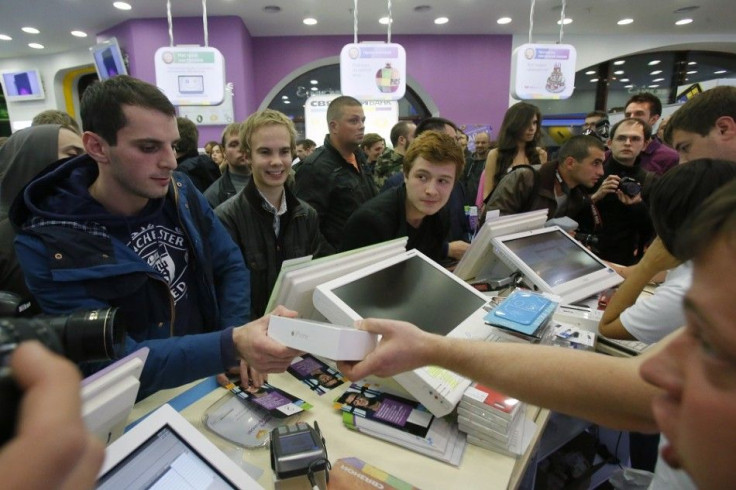iPhone 6 vs Nexus 6 vs Galaxy Note 4: Performance and User Interface Comparison

Apple, Google and Samsung released their flagships recently. For those still undecided, which of the iPhone 6, Nexus 6 and Galaxy Note 4 offers the best deal?
Recent smartphone releases prove that higher numbers or more extravagant specs do not mean automatic success. Mobile phones receive great response depending on how well they cater to their targeted audience or how well they reach other markets. Apple's iPhone 6 and iPhone 6 Plus broke records when the Cupertino-based giant finally addressed big-screen requests.
Samsung made sure to create a premium Note 4 to target a similar high end sector while Nexus 6 aims to deliver a genuine Android experience. A rundown and comparison of their offerings provide more insight on which smartphone caters to who.
Processors
Android finally catches up with Apple's 64-bit structure with the Lollipop supporting the new breed of processors. However, for the Nexus 6, Google chose to include the Qualcomm's Snapdragon 805 processor as the 64-bit Qualcomm will not be available until the first half of 2015. The same 32-bit chipset is included in the Note 4. The Nexus 6 and Note 4 are ahead other existing smartphones powered by Snapdragon 800.
While Apple's A8 only runs at 1.4 GHz, it does use less battery power allowing it to work with advanced software ensuring streamlined user experience. Tech Times noted that Qualcomm processors, on other hand, offer extremely fast processing speeds that support the latest renditions of programs today.
User Interface
Google has been gunning for a more unified platform especially with the release of the Android 5.0 Lollipop. The company wants to make it accessible to nearly all Android devices to make sure it can deliver a more generalized experience. This is something that Apple has been succeeding for the last few years. According to Value Walk, this is Apple's trump card because it develops both hardware and software designs. It can align software performance better than Google who can only control its Nexus line.
Whereas Nexus 6 can offer a more genuine Android experience because of Google's specifications, Tech Crunch argues that Samsung Galaxy Note 4 may have an advantage over its Android relative and Apple's iPhone 6 in terms of multitasking. The multi-window and multi-tasking interaction in the Note 4 makes it a winnder against the iPhone 6 phablet according to the report.
Many reports agree that the Nexus 6 can trump the Samsung Galaxy Note 4 when talking about a more worthwhile Android deal. It is a premium flagship of its own running similar specs with Samsung without asking for as much. The Nexus 6 starts at $649 offer contract with the 64GB model starting at $699. The Galaxy Note 4 is quite more expensive available beginning at $825.99. Apple's iPhone 6 hovers in between promising better continuity features with other Apple devices like the Macbook.






